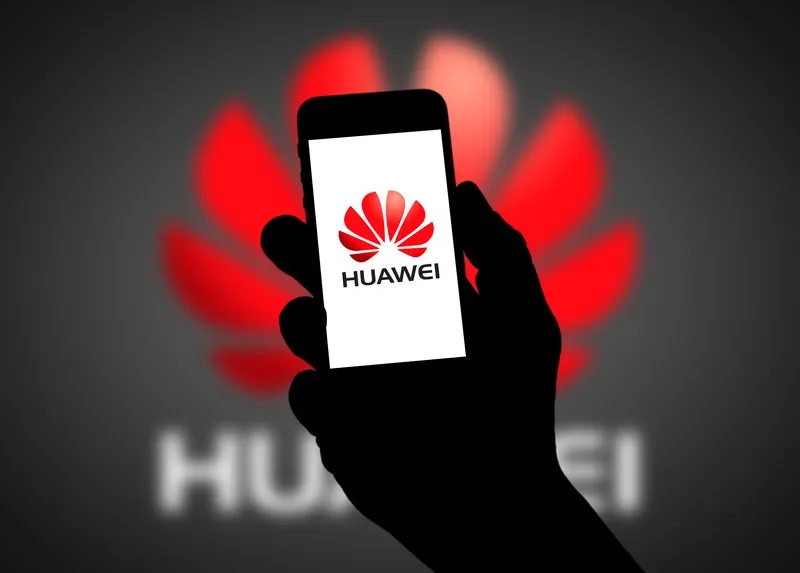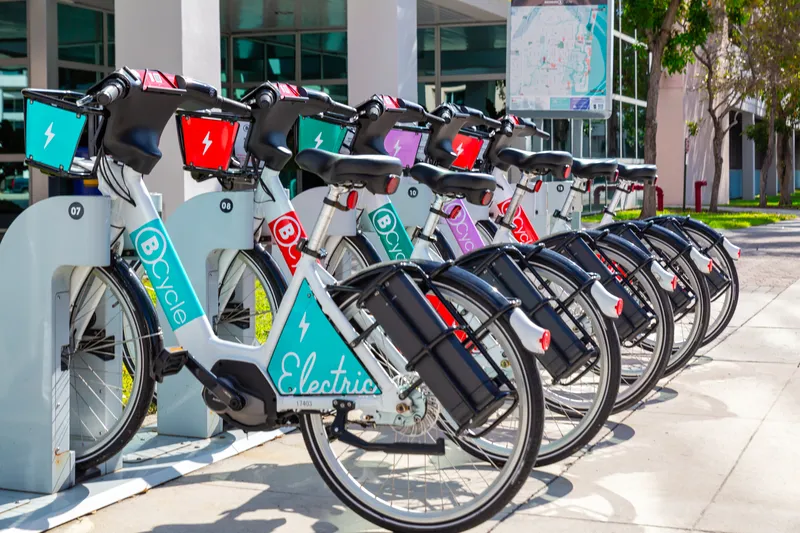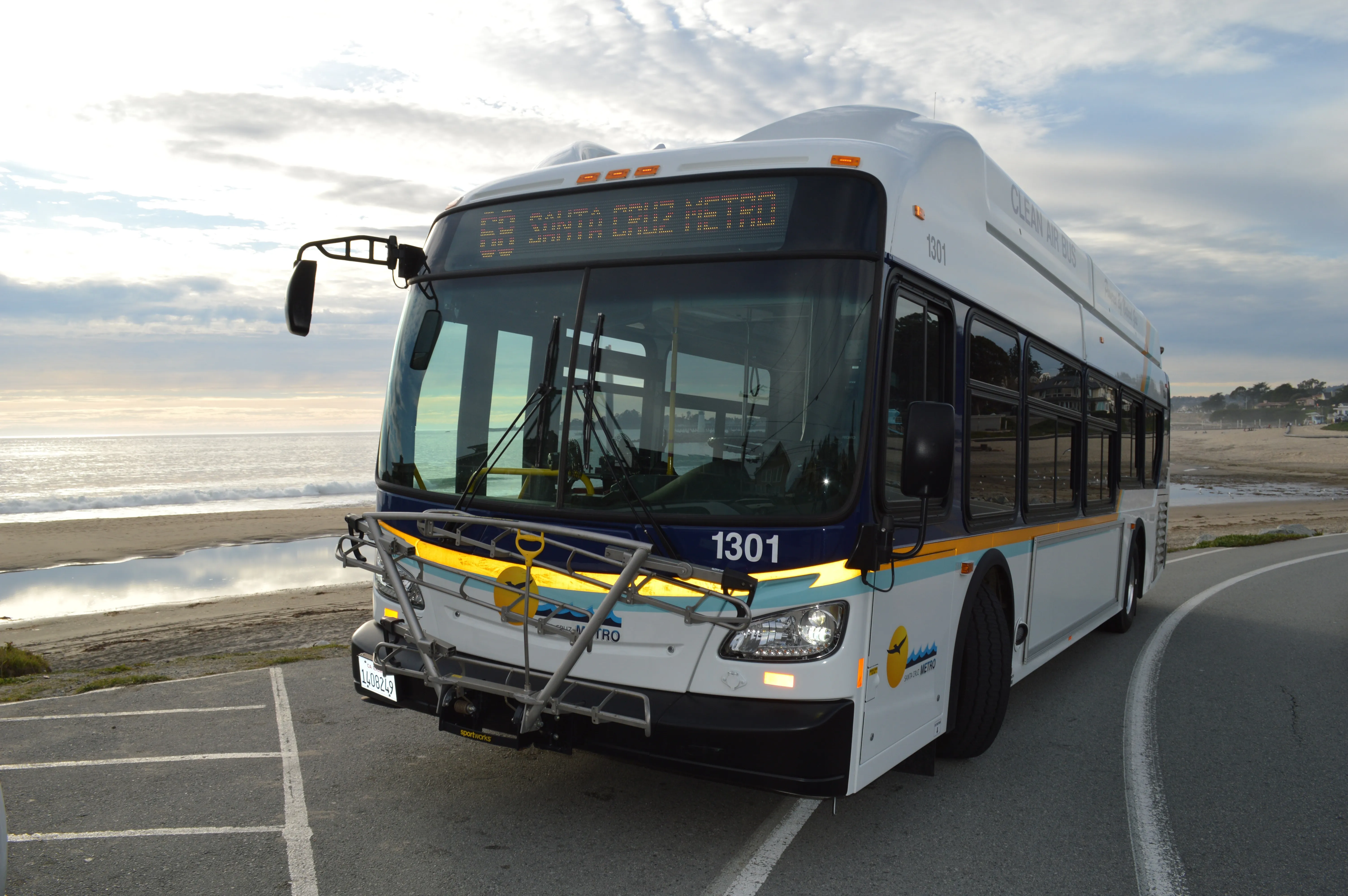
Mobility as a Service (MaaS) provider Moovit has made a deal with Huawei to make its app available on the Chinese telecoms group’s own app store.
The move is significant because new Huawei phones no longer have access to the Google Play store, which is a popular app repository.
Huawei’s own version – AppGallery – has more than 465 million monthly users, the company says.
Moovit, which is part of Intel, says the app is used by 865 million people in more than 3,000 cities.
It is supported in 45 languages and covers multimodal journey planning in over 100 countries – and a new customised version can also be accessed in Huawei’s mobile browser.
Moovit explains that its community of 700,000 local ‘editors’ map and maintain local transit information “in cities that would otherwise be unserved”.
Wang Heng, vice president, global partnerships and eco-development at Huawei Consumer Business Group, CEE and Nordics, said: “Even amid the constantly shifting situation due to current safety measures, our customers can enjoy superior wayfinding wherever they happen to be.”
The app covers has real-time service and route information on bus, metro, train, bikes, e-scooters, car-sharing and ride-hailing.
“The integration of Moovit’s multimodal journey planning and navigation app on Huawei smartphones will help make daily life a little bit easier for millions,” says Yovav Meydad, Moovit’s chief growth and marketing officer.










